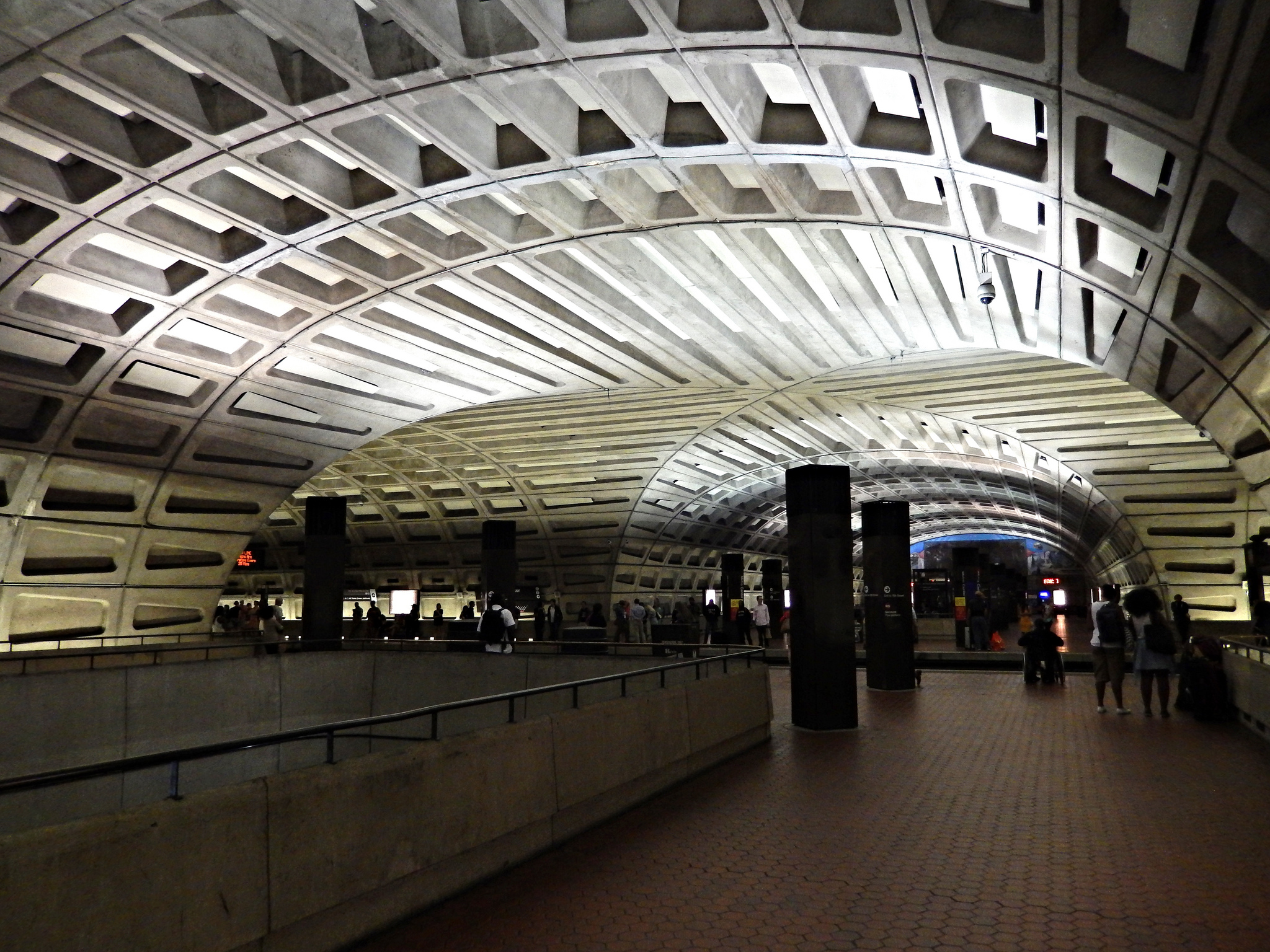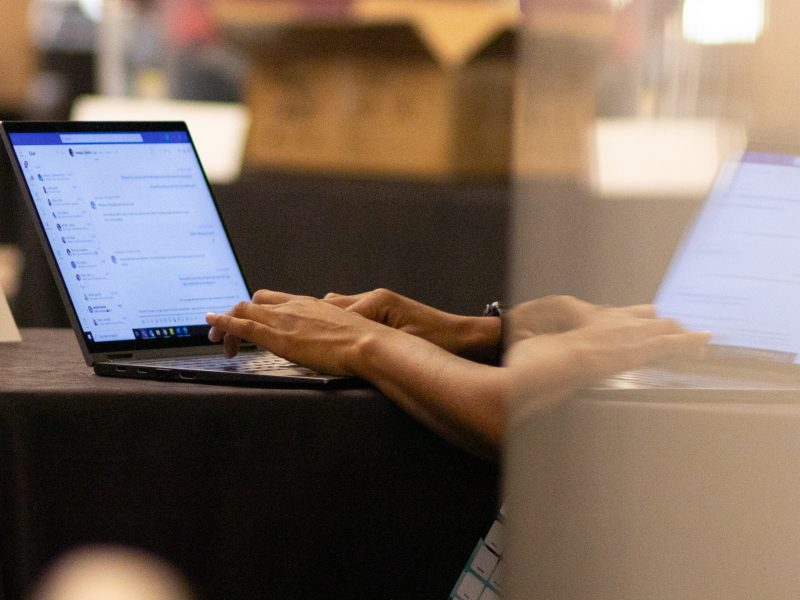Views expressed in opinion columns are the author’s own.
Maryland recently agreed to devote $167 million a year toward Metro funding. Virginia and Washington, D.C., will also contribute $154 million and $178 million per year, respectively.
This move — which provides a steady source of funding for the Metro instead of relying on annual appropriations — will facilitate long-term improvements to the system’s infrastructure and functioning. All residents of Metro-served areas should praise this inter-state cooperation and commitment to reform.
Although the new effort in permanent funding is beneficial, as are the Metro’s numerous planned infrastructure expansions and improvements, this new financial security for the transit system should also spark improvement that moves past just physical changes. Metro must enact long-term reforms to make the system more accessible and affordable.
In December, I wrote a column detailing Metro’s many shortcomings for University of Maryland students. Chief among those issues is Metro’s unaffordability, largely due to its misguided fare system.
Unlike other American public rail systems, such as New York City’s, Metro elects to use a fare system that isn’t dependent on a flat rate but rather the distance and time a rider travels. This means using the Metro can be both expensive, depending on the destination, and unpredictable, if riders are unaware of the increase in fare during peak times.
[Read more: Metro is too expensive for UMD students to enjoy D.C.’s benefits]
Commuters could certainly benefit from a standardized fare, especially as their numbers grow with the Metro’s planned expansions away from the D.C. area. A standardized fare would make it easier to budget the daily cost of transit, and may even incentivize new riders to enter the system.
Even if changing to a flat rate isn’t feasible at the moment, there are other adjustments the Metro could implement with its new funding to create a better riding experience. One such change would be expanding the terms of fare refunds; they’re currently issued only under the Metro’s “Rush Hour Promise,” which applies if a trip is delayed by 15 minutes or more during peak hours.
This current “Rush Hour Promise” benefits mostly commuters, as the only available refunds are during times most commuters would use the Metro anyway. As a show of its commitment to riders, the Metro could expand refund policies to model those used by the London Underground, which offers refunds for any journey delayed within its control by 15 minutes or more — not just those taken during rush hour.
[Read more: Maryland lawmakers propose bill to make the Metro safer and more affordable]
A simple expansion of this policy would achieve two things: show riders that the Metro aims to operate a service that prioritizes their needs, and incentivize trains to run on time, decreasing the potential financial loss that would result from increased refunds. Both of these things would be a boon to the Metro — great publicity and good business.
Metro should also consider something it’s already tinkered with in recent years — changing trains’ running times. Currently, the rail system stops running at 11:30 p.m. Mondays through Thursdays, 1 a.m. Friday and Saturday, and 11 p.m. Sunday. Other systems, such as New York City’s or Copenhagen’s, run 24 hours a day. That may be a bit much for Washington and surrounding areas, which doesn’t see the same type of ridership as larger cities, but less drastic extensions to rail running times, especially on the weekends, will bring in new riders and create goodwill.
Of course, my perspective on these changes is one of a student at this university. To me, Metro just isn’t all that appealing — the lack of reliable ride times makes for a system that can be annoying to navigate and is less preferable than other modes of getting around D.C. If the Metro wants to meet its full potential, it must consider how it can better cater to underserved populations and attract new riders.
Caitlin McCann is a sophomore communication major. She can be reached at caitlinmccann32@gmail.com.



